If you love exotic flavors, you’ll love incorporating some African herbs into your homemade spice blends. These blends are not only delicious, but easy to make!
Whether you are using them in recipes or as a seasoning for vegetables, these blends will add a unique taste to your meals.
Berbere
Berbere is a fiery and complex spice blend that’s essential to Ethiopian and Eritrean cooking. It includes dried chili peppers, a range of herbs and spices, and other aromatics to balance the heat.
In Ethiopia, berbere is used to season stews, sauces, and legume dishes. It also acts as a dry rub for meats.
It can be made from a variety of ingredients, but traditional berbere blends include chili peppers, garlic, ginger, coriander, and Ethiopian holy basil seeds. It can be toasted for extra flavor.
You can buy berbere in the international section of some supermarkets or at specialty spice shops. It’s easy to make your own at home with readily available ingredients.
This spicy blend is a great addition to a wide variety of meals. You can use it in burgers, tacos, and even as a replacement for chili powder.
Ras el Hanout
Ras el Hanout is one of the most popular Moroccan spice blends and can be used to season a variety of dishes. It has a strong, complex flavor and can add an extra dimension of depth to savory dishes.
This aromatic blend can vary from maker to maker and even from family to family. It can be a mix of upwards of 30 spices but no two blends are the same.
It is a great addition to stews, tagines and meat. It is also used to season couscous and rice.
The recipe is very simple and can be made in a spice mill or a mortar and pestle. It can be made in batches and stored in an airtight jar until needed.
It has a sweet, woody, pungent, and bitter taste. It can be a little harsh for some people so make sure to taste it before using it.
Kan kan kan
The diverse and flavorful world of African herbs can be used in a number of homemade spice blends. Herbs are the leaves, stems, flowers, or other parts of a plant used to flavor food.
Herbs are also often used medicinally. They can be helpful in treating a variety of ailments including digestive disorders and respiratory problems.
However, it is important to know that herbs are a distinct category from spices. Spices are seeds, fruit, or other plant substances that add flavour and color to food.
Traditionally, herbs are sourced from the leaves of a plant, while spices are dried or produced from other parts of the plants such as stems, bark, roots, and fruits.
Kan kan kan is an unusual spice blend that’s popular in Burkina Faso. It consists of peanut powder, chili powder, allspice, and Maggi bouillon cubes. The peanut powder imparts a grassy flavor, the chili powder gives it some needed heat, and the saltiness comes from the bouillon cubes.
Za’atar
Za’atar is a herbaceous and bright spice blend that’s used as a finishing touch in Middle Eastern and Mediterranean cuisine. It’s a versatile spice rub that can be added to chicken, beef or fish as well as roasted vegetables.
Za’atar’s flavors can vary between regions of the Middle East but they usually include thyme, oregano, marjoram and sumac (a tart lemony spice). It’s often combined with toasted sesame seeds.
This easy to use blend is a great way to spice up simple roasted vegetables like carrots. It’s also a delicious dip for fresh bread. Try dipping warm flatbread or sliced bread into a bowl of olive oil and za’atar to start your meal off with a savory bite!
Frequently Asked Questions
Is basil good for kidneys?
The answer is yes. Basil is an excellent food for kidney health. It contains potassium which helps reduce high blood pressure. It also contains vitamin K, which is essential for bone strength. As well as this, it is rich in antioxidants which help protect against heart disease.
Basil is great for digestion too. It contains digestive enzymes that break down protein and carbohydrates. This makes it easier to absorb nutrients from your meals.
Basil is a wonderful addition to any diet. Try sprinkling some over pasta dishes, salads, soups, and sandwiches. Or add little stir-fried vegetables, chicken, fish, meat, and tofu.
It's delicious in pesto sauce and fresh in salad dressings. You'll find many recipes online where you can learn how to cook with basil.
Try making basil oil by adding a few drops of pure olive oil to a jar filled with chopped basil leaves. Let it steep overnight, and then strain out the leaves. Use the oil as a massage oil or rub it onto your skin.
It will leave your skin soft and smooth.
What is the difference between "regular" and smoked paprika powder?
Regular Paprika Powder (Piment d'Espelette) is an essential ingredient for our recipes. We use it for its intense flavor and color. It's also used as a spice and seasoning agent. Smoked Paprika Powder (Paprika Chorizo) adds a smoky taste and aroma to dishes. Both types of Paprika Powder come from Spain, where they grow the best peppers in the world.
Smoked Paprika Powder (Chorizo Paprika) is made from red peppers, which are dried slowly in special ovens. This gives them a rich flavor. They are then ground and mixed with salt, garlic, and spices.
Regular Paprika Powder (Espelette Paprika) is made by grinding green bell peppers without additives.
What are the disadvantages of using herbs?
Herbs are a great way to keep your body healthy because they contain vitamins, minerals, antioxidants, enzymes, amino acids, phytonutrients, polyphenols, flavonoids, terpenes, essential oils, carotenoids, sterols, and sterolins. Some even contain cannabinoids.
But there are also lots of side effects associated with herbal remedies. For example, taking too much herb could cause liver damage or even death. Herbal supplements may interact with prescription drugs, which means that they might affect how well the drug works.
Some herbs can interfere with blood clotting, while others may increase bleeding when taken with anticoagulants (blood thinners).
There are also safety concerns for pregnant women and children.
The bottom line is that herbs aren't safe for everyone. If you're considering trying them out, do your homework. Look up each product's side effects and warnings and read reviews online.
Which plant can heal wounds?
Plants are amazing creatures. They grow, they live, and they die. They make food, clean our air and water, and help keep us healthy. But plants also do more than that...they heal wounds.
Plants release molecules called phytochemicals when they are injured. These chemicals act as antioxidants, which protect cell membranes from damage and promote healing.
Phytochemicals found in plants include flavones (found in citrus fruits), terpenoids (present in mint leaves), and polyphenols (common in berries).
In addition to these protective compounds, plants contain proteins, vitamins, minerals, amino acids, fatty acids, and carbohydrates that support the body's natural processes of healing.
The best way to use plants to heal wounds is to consume them directly. However, there are ways to apply the power of plants to treat wounds without eating them.
First, soak a cotton ball in an extract from the St John's Wort herb. This product contains salicylic acid, which helps reduce inflammation.
Next, place the soaked cotton ball on the wound. Avoid applying the herb directly to open cuts, burns, or puncture wounds. If you feel any burning sensation, remove the herb immediately.
You may also find that placing a few drops of essential oil on the affected area promotes faster healing. Lavender essential oil reduces swelling and speed recovery; rosemary stimulates blood flow and increases circulation; peppermint relieves headaches and muscle aches.
If you want to try your hand at growing some of your medicinal herbs, here are some tips:
- Start with small pots, so you don't end up with too much of one particular type of plant.
- Grow several different types of herbs together. The same goes for flowers and vegetables. Mixing it up will ensure you get all the benefits of each plant.
- Use organic fertilizer if you're growing your herbs indoors. Non-organic fertilizers may be harmful to your health.
- Harvest regularly. You'll enjoy the freshness of homegrown herbs, but leave enough time between harvests to allow the soil to replenish itself.
- Be careful not to overwater your plants. Overly wet soil encourages mold growth, which isn't suitable for your herbs.
- Wash your hands after handling your herbs. You don't want to risk spreading bacteria onto your plants!
Which spices from the kitchen are used to cure diseases?
There are more than 4000 medicinal plants that are widely distributed throughout the world. Some of these plants contain active compounds that may help treat various ailments.
In India alone, there are more than 1000 species of herbs that are used for medical purposes. This includes Ayurvedic medicine, Unani medicine, Siddha medicine, Homeopathic medicine, and Chinese medicine.
The most common ingredient found in these medicines is ginger. Ginger contains volatile oils that give it its aromatic flavor. These oils contain anti-inflammatory properties that make them useful against arthritis, fever, vomiting, and indigestion.
Ginger also helps relieve nausea and stomach cramps caused due to pregnancy. Pregnant women often consume ginger tea to reduce morning sickness. Ginger is also commonly used for cough and cold relief.
Another spice that is known to have medicinal value is turmeric. Turmeric contains curcumin which has been shown to inhibit tumor growth. This makes it an effective cancer treatment.
Turmeric is also considered to be very beneficial for joint health. It relieves inflammation and stiffness associated with rheumatoid arthritis. It is also believed to prevent osteoporosis.
Garlic, too, is another herb that is extensively used in traditional medicine. Its healing qualities include treating infections, asthma, heart disease, and diabetes and even reducing cholesterol levels. Garlic oil is also used to treat wounds and insect bites.
Garlic is a natural antibiotic that fights bacteria and viruses. The antibacterial property makes it ideal for treating respiratory tract infections such as bronchitis and pneumonia.
It is also helpful in preventing urinary tract infections.
Other spices like cinnamon, cloves, nutmeg, cardamom, black pepper, ginger, cayenne, mustard seeds, fennel, and coriander are also used to treat different illnesses.
What plant helps with infection?
There are plants out there that help fight infections. Some even contain anti-bacterial properties. One of them is mint.
Mint has been used for centuries to treat respiratory infections such as cold symptoms and flu. Mint also supports digestion and relieves gas pains. You may find relief with peppermint tea if you have an upset stomach. Peppermint oil has antibacterial properties, which make it effective against germs.
Peppermint tea contains menthol, beta-carotene, vitamin C, calcium, magnesium, iron, and potassium. These nutrients support healthy immune systems and provide energy to keep your body strong.
You can make peppermint tea at home by adding one teaspoon of dried mint leaves to boiling water. Let steep for five minutes and drink hot three times per day.
Or you can buy peppermint tea bags at any grocery store. Simply add two teaspoons of dried mint leaves to a cup of hot water. Steep for 10 minutes and strain. Drink hot three times per day for best results.
Statistics
- Studies have shown that cinnamon can lower fasting blood sugars by 10-29% in diabetic patients, which is a significant amount (9Trusted Source10Trusted (healthline.com)
- Herbs are among the most popular and widely used medicinal remedies. According to a survey conducted by the National Institutes of Health, herbs were used by over 38% of adults in the United States.
External Links
sciencedirect.com
- Peppermint oil (Mintoil®) in the treatment of irritable bowel syndrome: A prospective, double-blind placebo-controlled randomized trial
- Curcumin reverses the effects of chronic stress on behavior, the HPA axis, BDNF expression, and phosphorylation of CREB
en.wikipedia.org
mskcc.org
- Ashwagandha | Memorial Sloan Kettering Cancer Center
- Grape Seed | Memorial Sloan Kettering Cancer Center
pubmed.ncbi.nlm.nih.gov
How To
What to look for in herbs?
Herbs contain natural compounds that may help treat various conditions. In addition, herbal remedies may provide relief when used along with conventional treatments.
Herbal remedies include teas, capsules, tablets, ointments, creams, lotions, oils, and topical applications. Some of these products are meant to be taken internally, while others are applied externally.
The most common uses of herbal remedies include relieving minor aches and pains, treating cold symptoms, reducing fever, controlling coughs and sore throats, easing digestion problems, soothing skin irritations, alleviating menstrual cramps, and providing general health benefits.
When buying herbs, look for the following:
- Freshly picked plants. Avoid dried herbs unless they've been stored in a cool place. If possible, buy herbs directly from farmers' markets.
- Pure extracts. These are made by extracting the active ingredients from herbs using alcohol or water. Look for 100% pure extractions.
- Certified organic herbs. Organic herbs must meet strict standards set forth by the USDA.
- Natural flavors. Many herbs have strong scents that can overwhelm other foods. Adding flavorings such as vanilla, almond, or orange helps mask their smell.
- Potency. The amount of active ingredient per unit weight varies depending on the type of herb.
- Packaging. When purchasing herbs, check the packaging to ensure that it's clean and free of chemicals.
Resources:
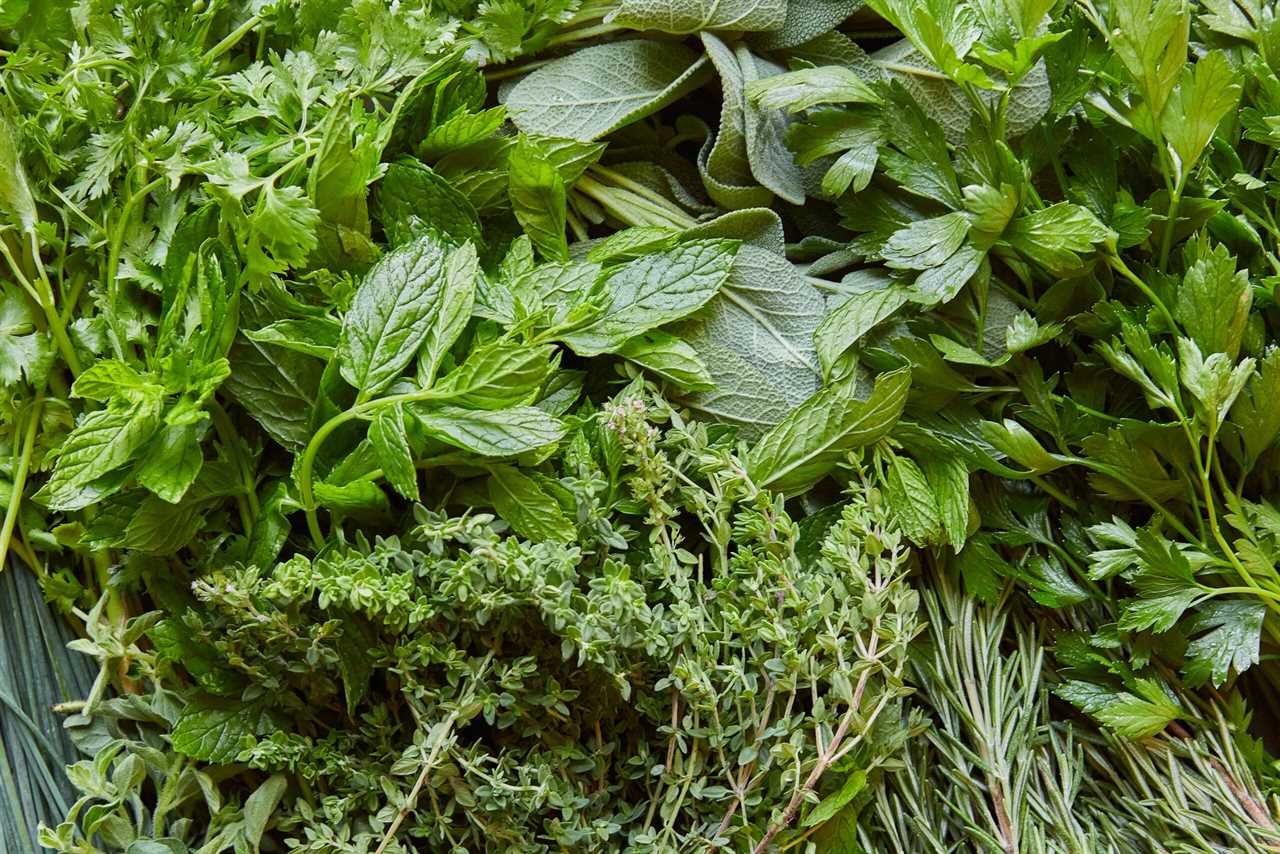 |
FARM CLEAN UP, EASTER SELLS, AND FINALLY PLANTING SHURBS!Flower farm is just starting! The yarrow is showing out, sweet William flowers are absolutely beautiful! We're slowly cleaning up the flower farm and I'm |
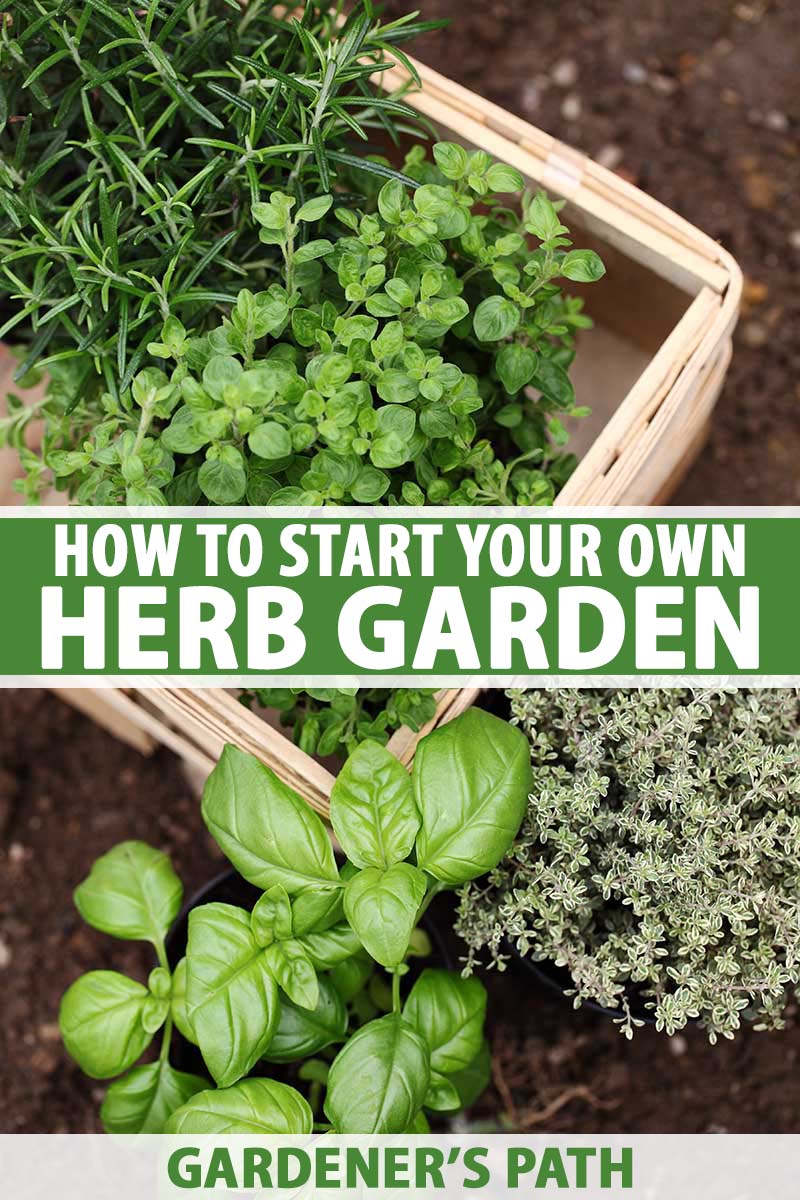 |
Spring Garden Harvest A Bucket Of Flavor!Elevating the everyday is our mission. At Belovedsaffron.com, we think the world deserves more than conventional cuisines — and more than take-out.. |
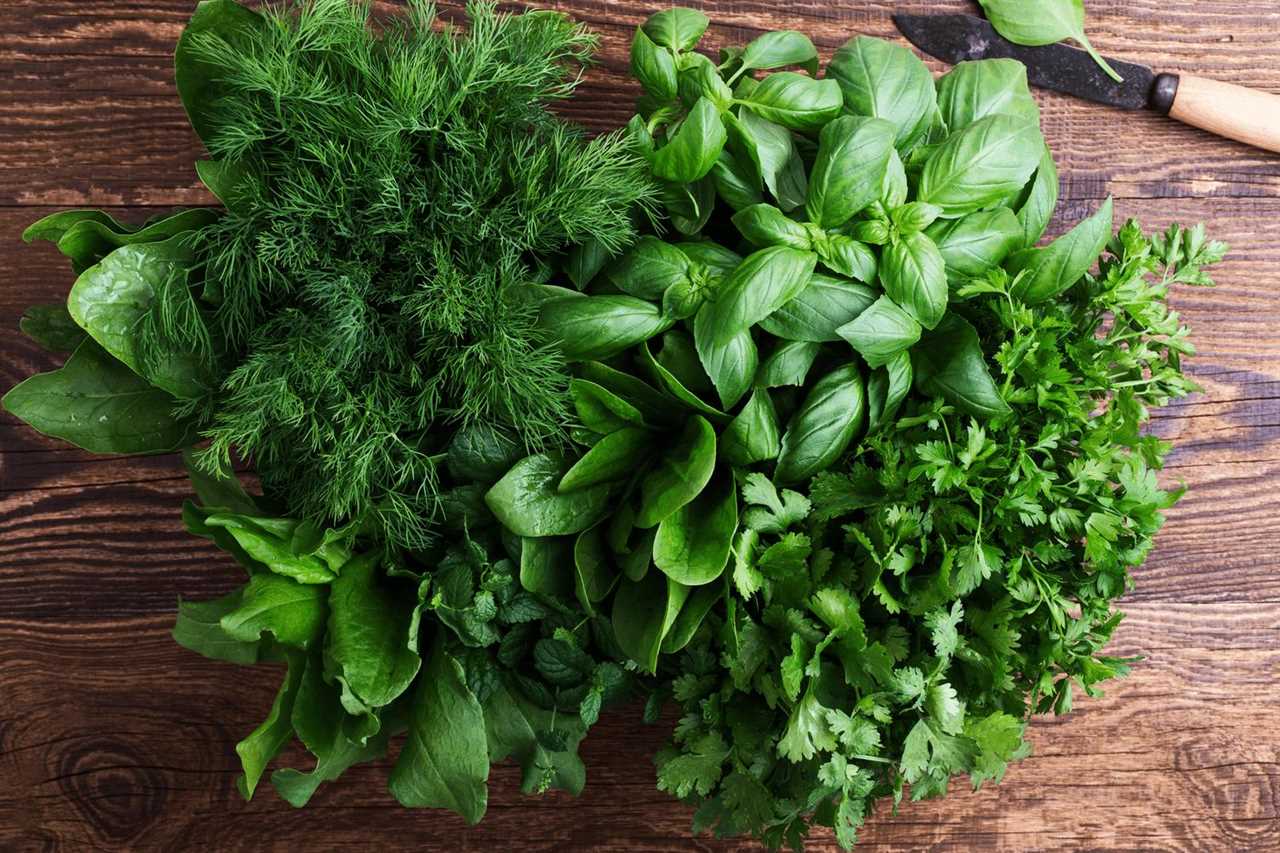 |
Put aluminum foil in your toilet! After 5 minutes be shocked by the result (Dollar Tree Trick)At Belovedsaffron.com, we are passionate about spices, herbs, recipes and organic eating and on a mission to bring you awareness about flavours from.. |
 |
Let's make a self heal oxymel!Welcome to BelovedSaffron.com, where we celebrate all the wonderful flavours of spices and herbs worldwide! We are not just chefs but food.. |
 |
THE EASY WAY OF GROWING CARROTS AWAY FROM SQUIRRELS and AnimalsWelcome to Belovedsaffron.com, where we embrace everything related to spices, herbs, nutritious food, and organic eating! We are not professional.. |
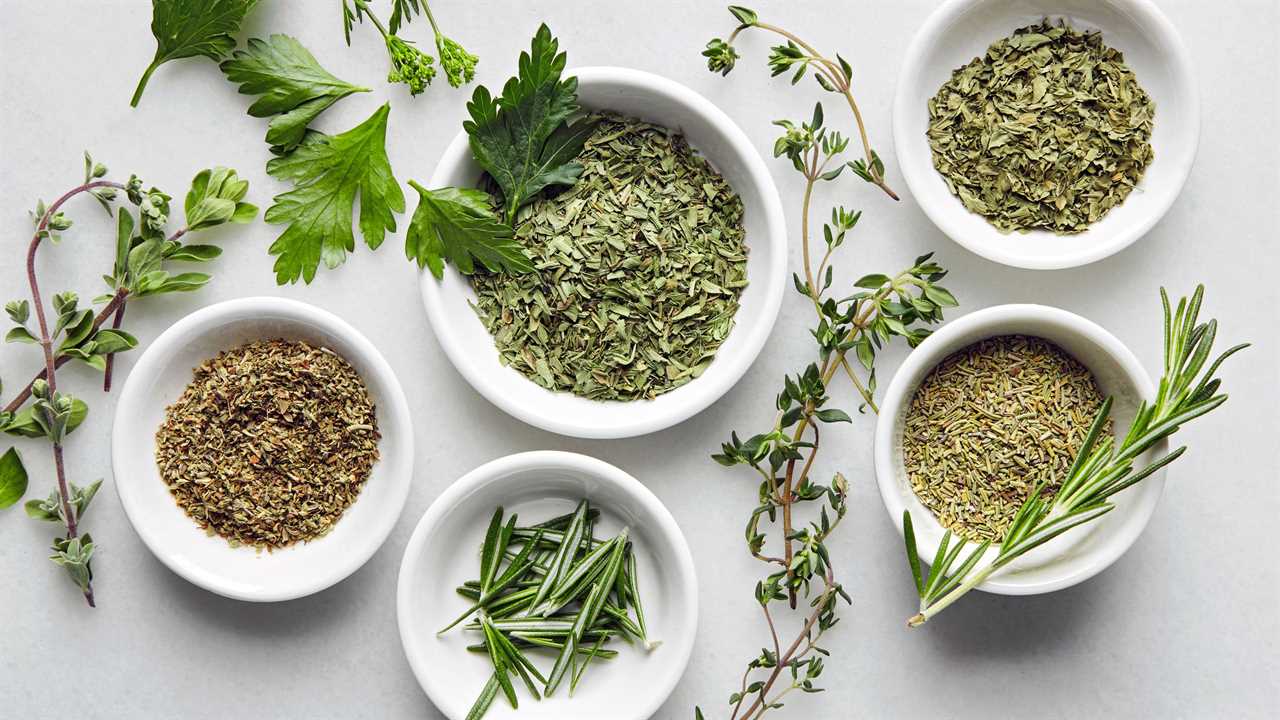 |
CHINESE HERBS AND DRY GOODSAt Belovedsaffron.com, we are passionate about spices, herbs, recipes and organic eating and on a mission to bring you awareness about flavours from.. |
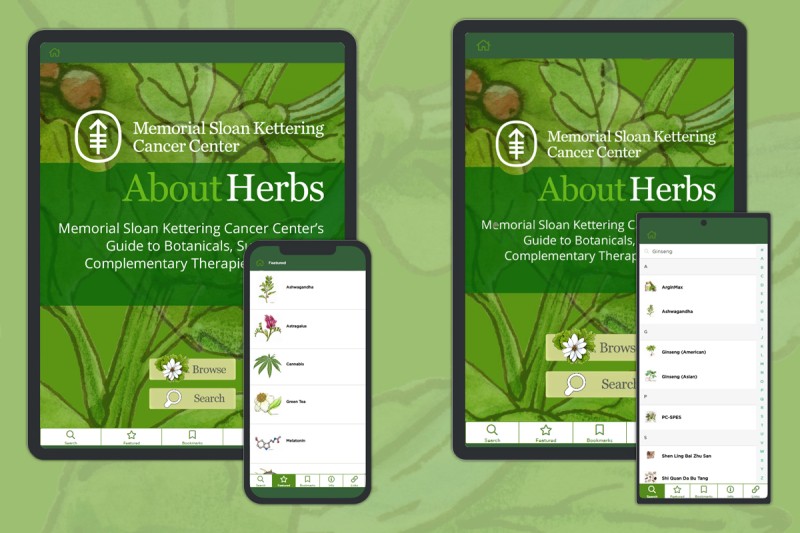 |
#LAMH Latest Tea & Live Gender REVEAL w Empress RadioWelcome to BelovedSaffron.com, where we celebrate all the wonderful flavours of spices and herbs worldwide! We are not just chefs but food.. |
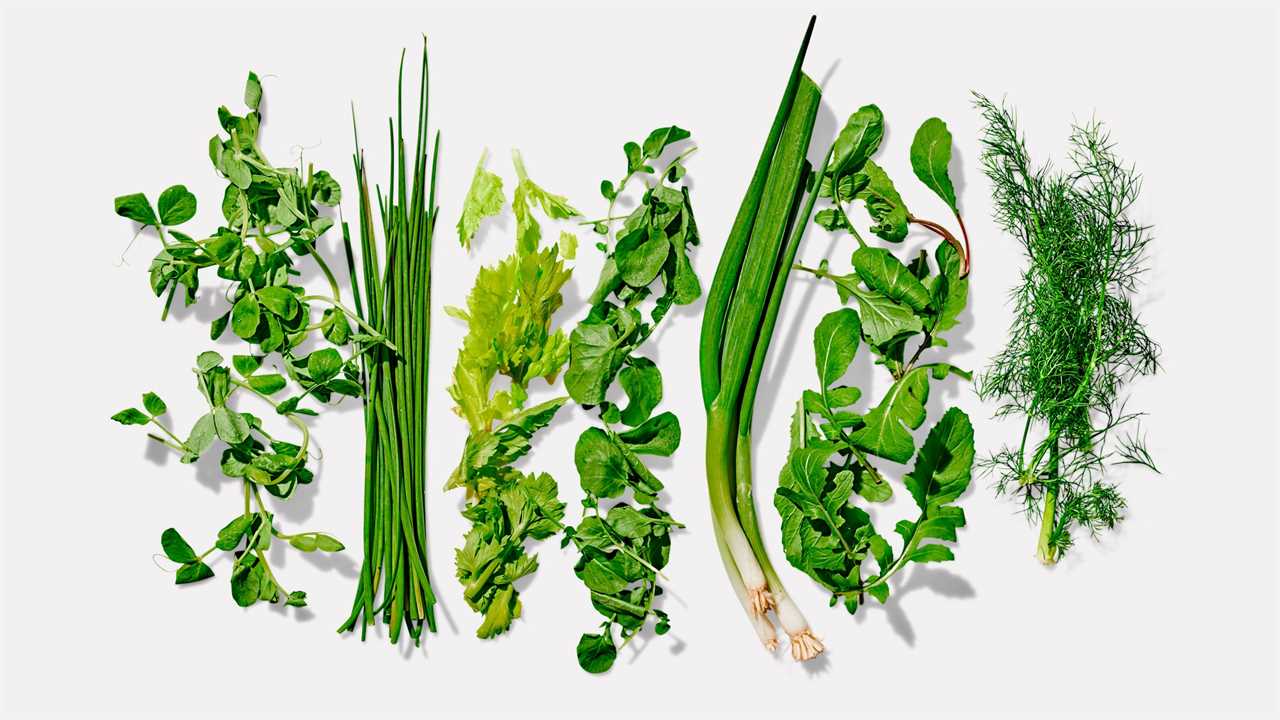 |
MAGIC, DELIVERED Unboxing | Herbology & Magical PlantsAt Belovedsaffron.com, we are passionate about spices, herbs, recipes and organic eating. It is our mission to bring awareness of flavors from around |
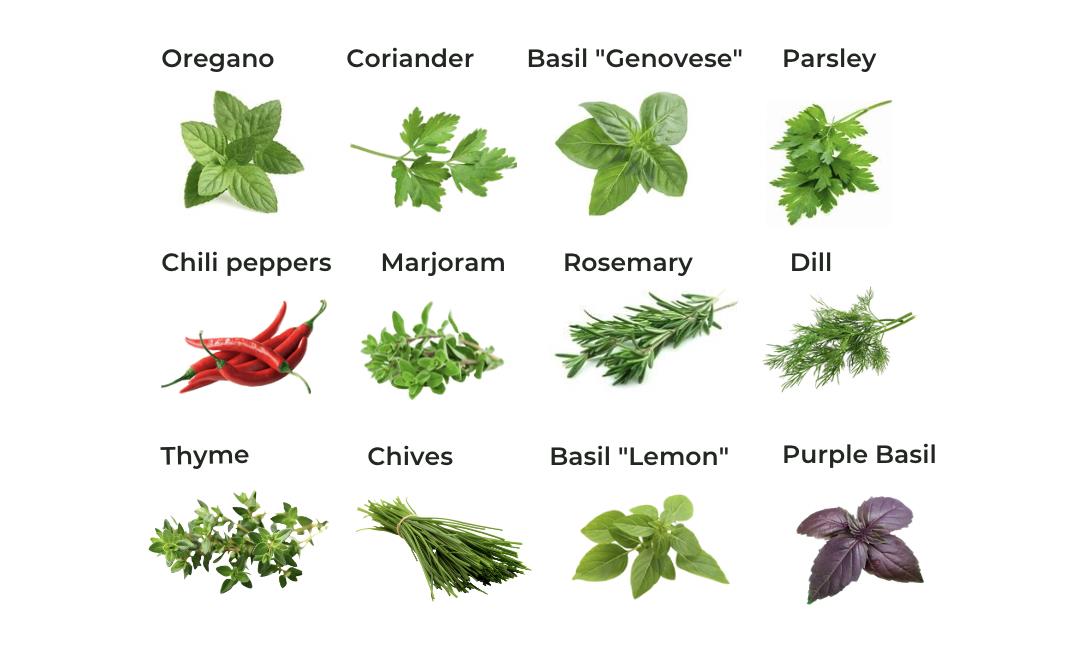 |
Couple Builds a SUNKEN GREENHOUSE for $4,500 — Ep. 125Welcome to Belovedsaffron.com, where we embrace everything related to spices, herbs, nutritious food, and organic eating! We are not professional.. |
 |
CHINESE HERBS AND DRY GOODSCHINESE HERBS AND DRY GOODS |
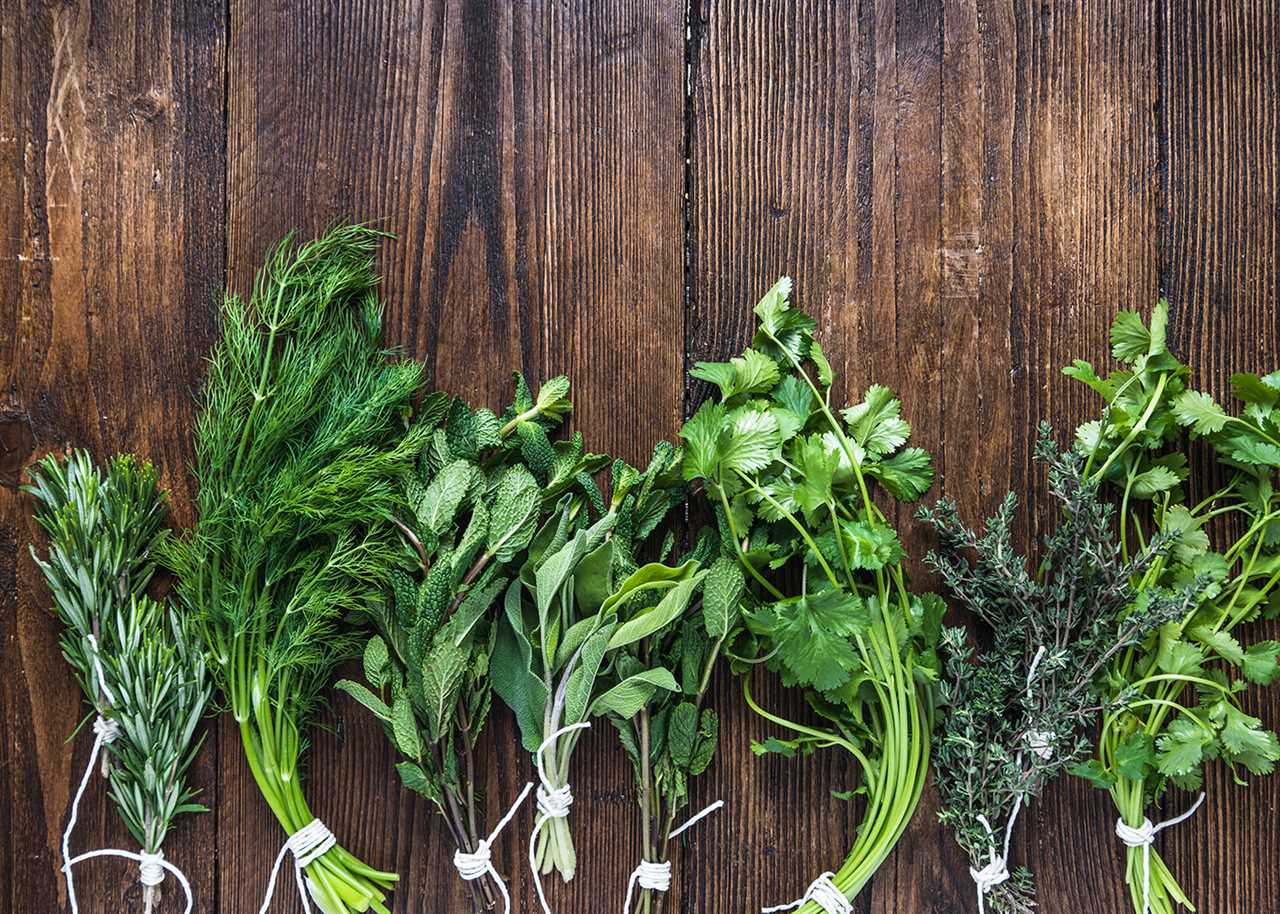 |
Enchant Ramp | MOM Standard | MTG ArenaAt Belovedsaffron.com, we are passionate about spices, herbs, recipes and organic eating. We are on a mission to bring you awareness about flavours.. |
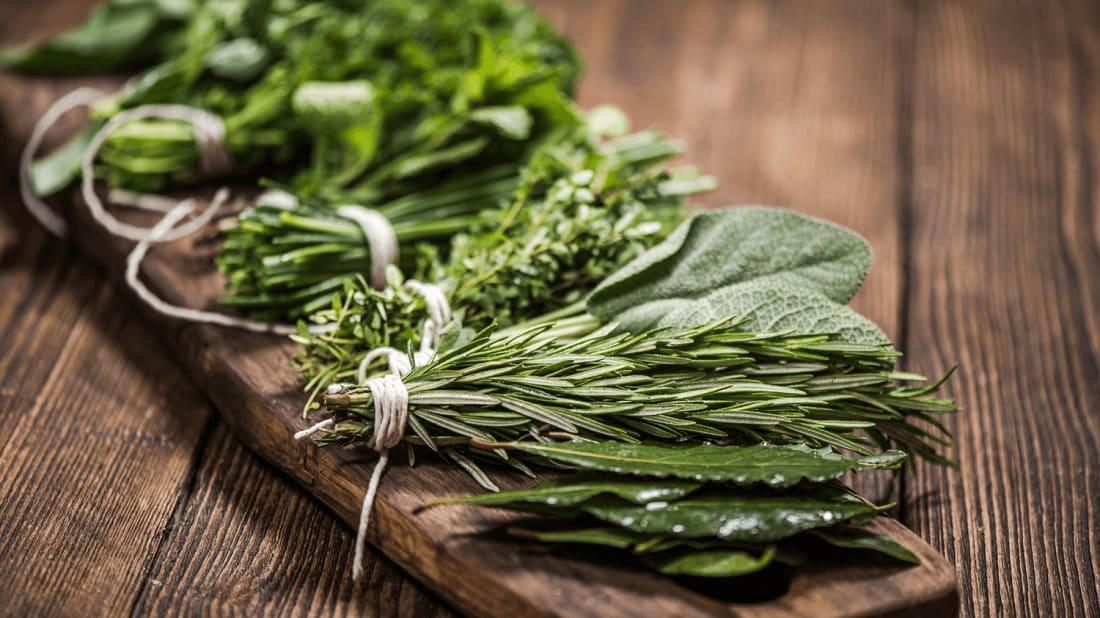 |
Join 10,000 Students Who Have Learned Herbs with Michael and Lesley Tierra - East West School of Planetary HerbologyLearn herbs from respected professional herbalists offering world-class herbalist training. The NEW Professional Herbalist Course includes courses on over 600 |
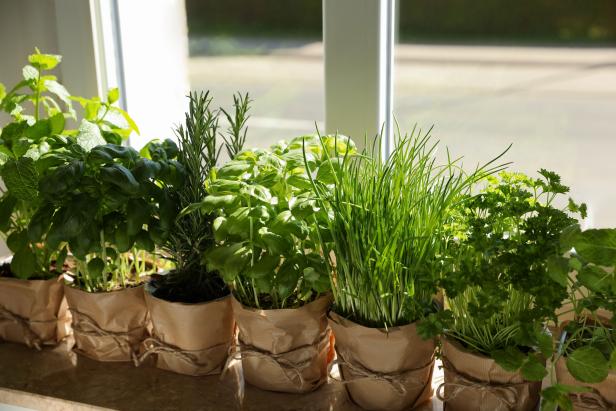 |
The Sims 2 Desiderata Valley Stream 18!At Belovedsaffron.com, we are passionate about spices, herbs, recipes and organic eating. It is our mission to bring awareness of flavors from around |
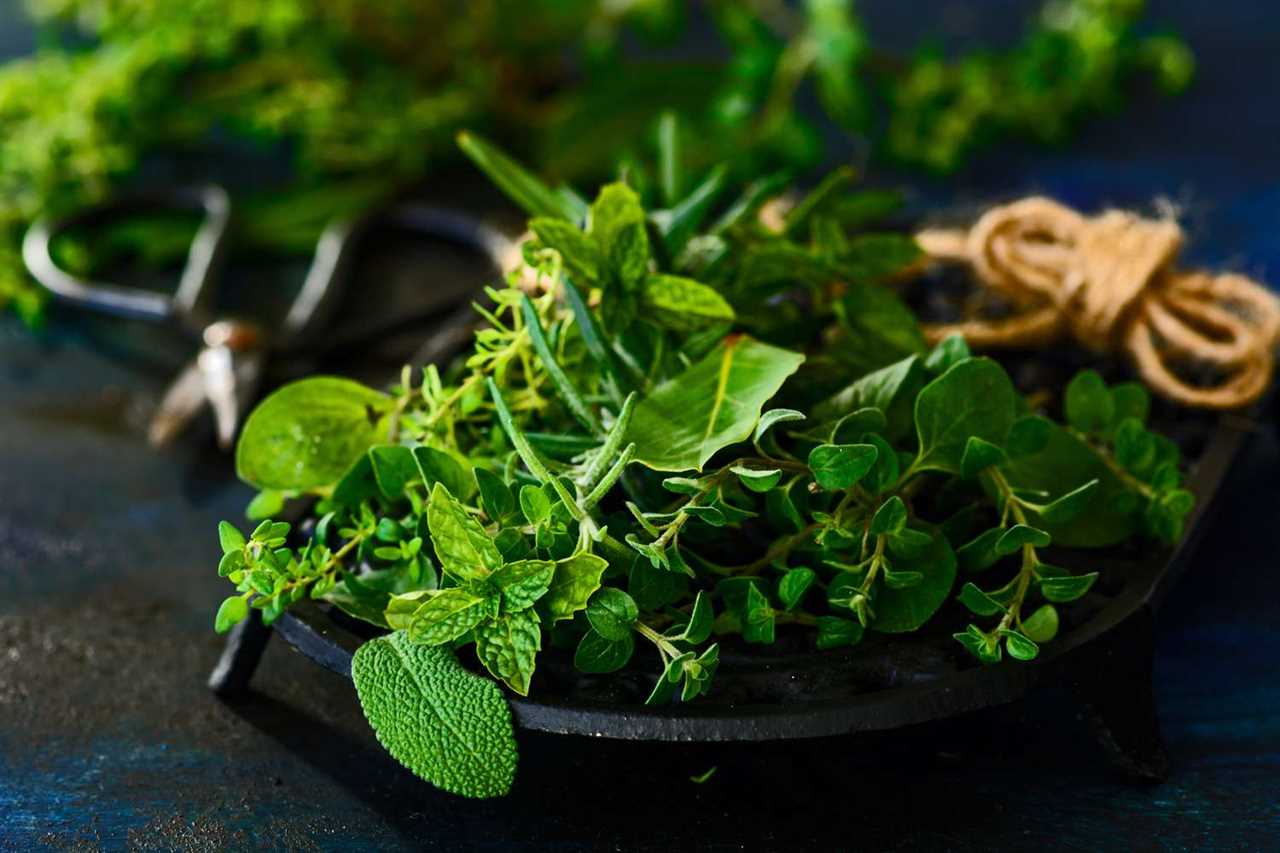 |
Fried Spinach Piroshki in the Village with fresh herbs - Oriental pastriesAt Belovedsaffron.com, we're passionate about flavours, cultures and cooking wisdom from around the world. We seek to bring you closer to sustainable |
 |
How to Dry and Store HerbsElevating the everyday is our mission. At Belovedsaffron.com, we think the world deserves more than conventional cuisines — and more than take-out.. |
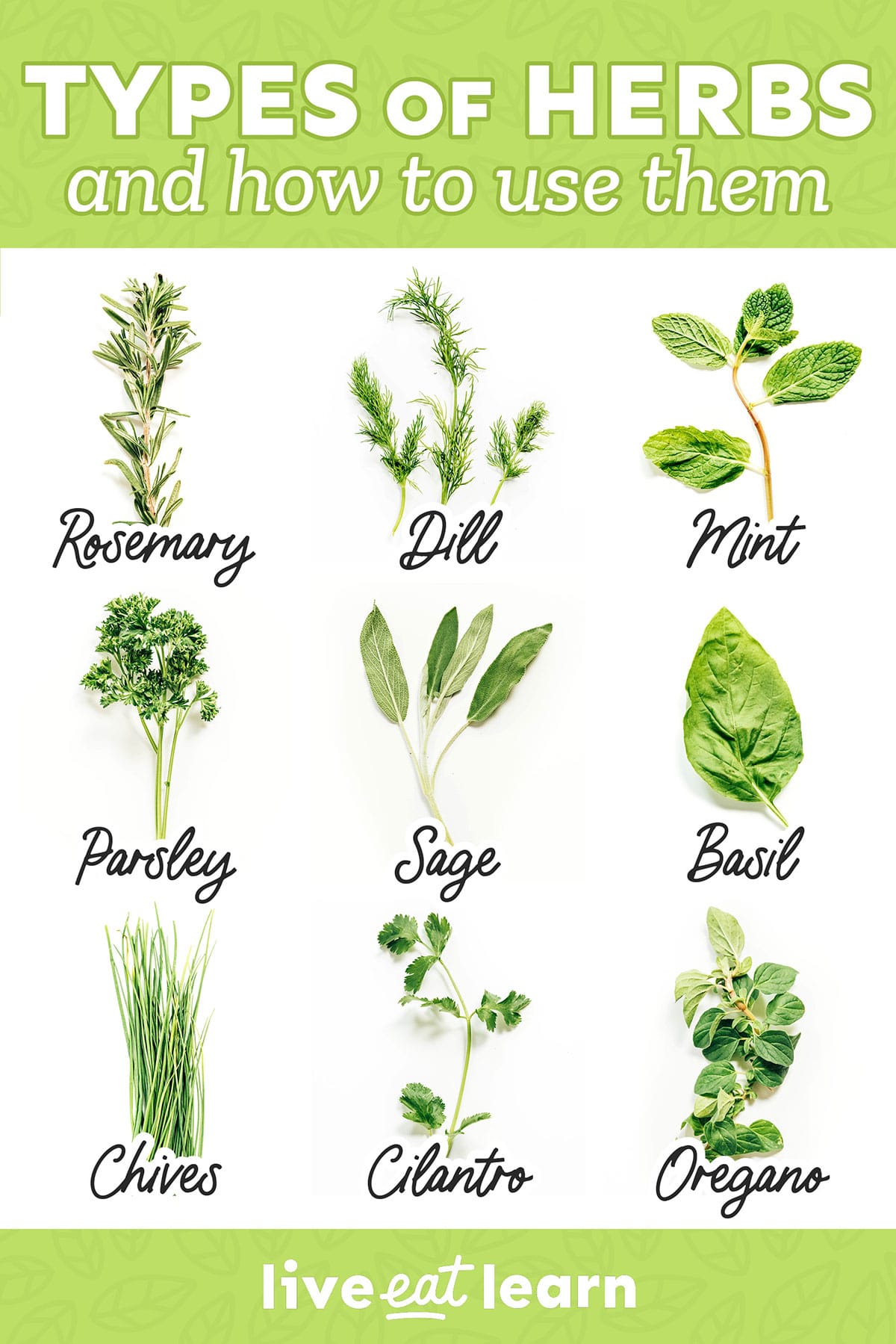 |
Cooking With Herbs For a Diabetic DietMany people with diabetes use herbs to help keep their blood sugar levels in check. While herbs are a great way to naturally manage diabetes, it is.. |
 |
How To Make African Locust Beans SumbalaAt Belovedsaffron.com, we are dedicated to exploring the amazing world of spices and herbs, encouraging sustainable eating practices and sharing.. |
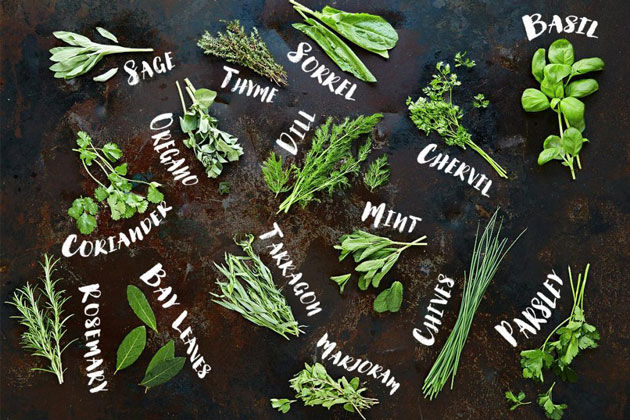 |
herbs for health |Discover the Healing Power of NatureIn this informative video, we explore the healing power of herbs and how they can promote good health and wellness. Join us as we journey into the natural |
 |
5 Fast Growing Veggies You Can Harvest in Under 1 MonthIf you're just getting started on your first garden, it's important to have early success. These 5 groups of crops are extremely easy and fast to grow, so you |
 |
Apr 26, Hawthorn with Tatiana EavesHawthorn is often revered for how it strengthens the physical heart but this is just one of the medicinal gifts Tatiana Eaves mentions. Find out the rest here! |
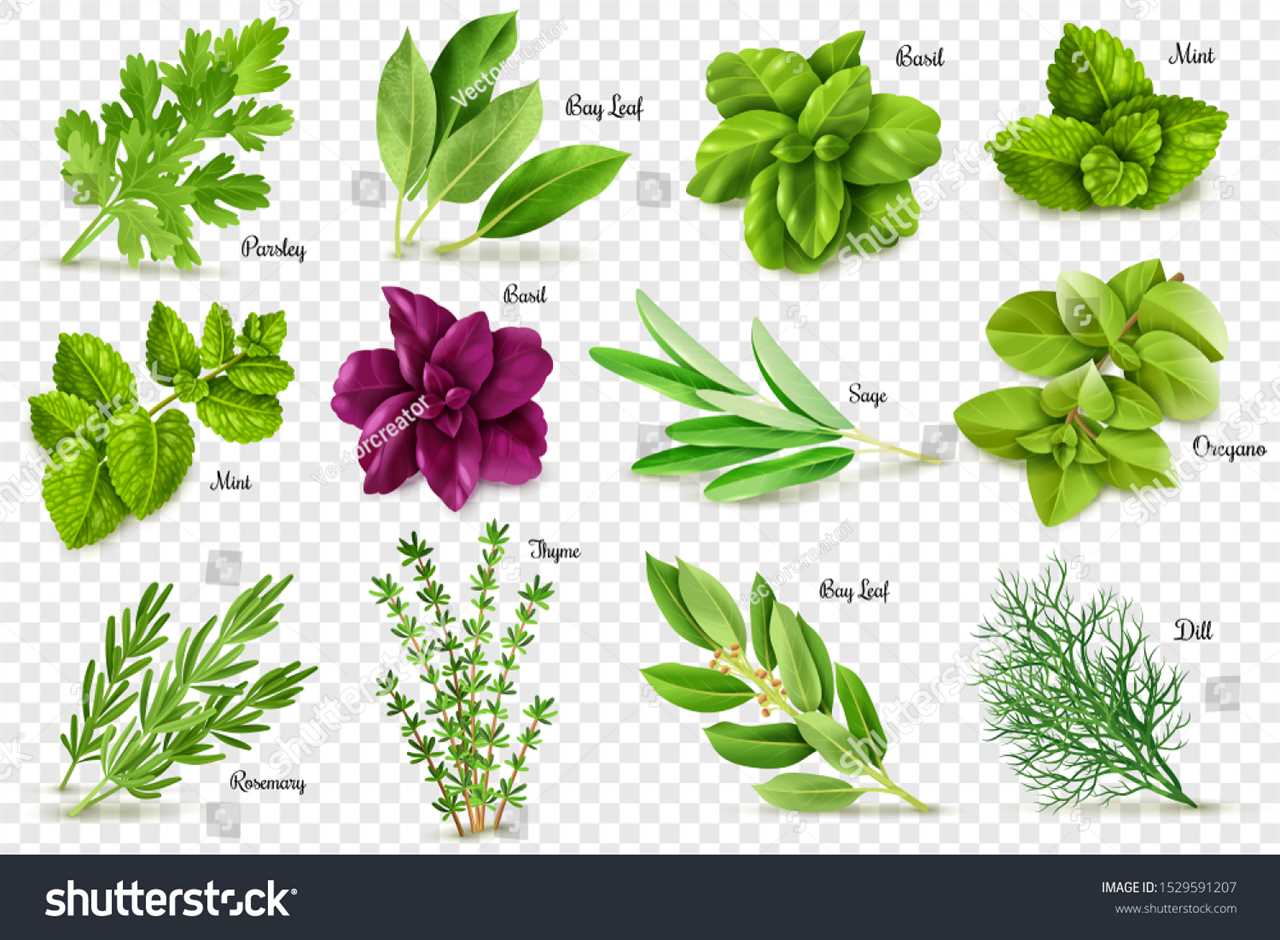 |
A Video Identification Guide To Edible & Medicinal Plants - Pt. 2Hey guys welcome to the second season of identification videos on edible and medicinal plants. In this video there are 13 different plants some are medicinal, |
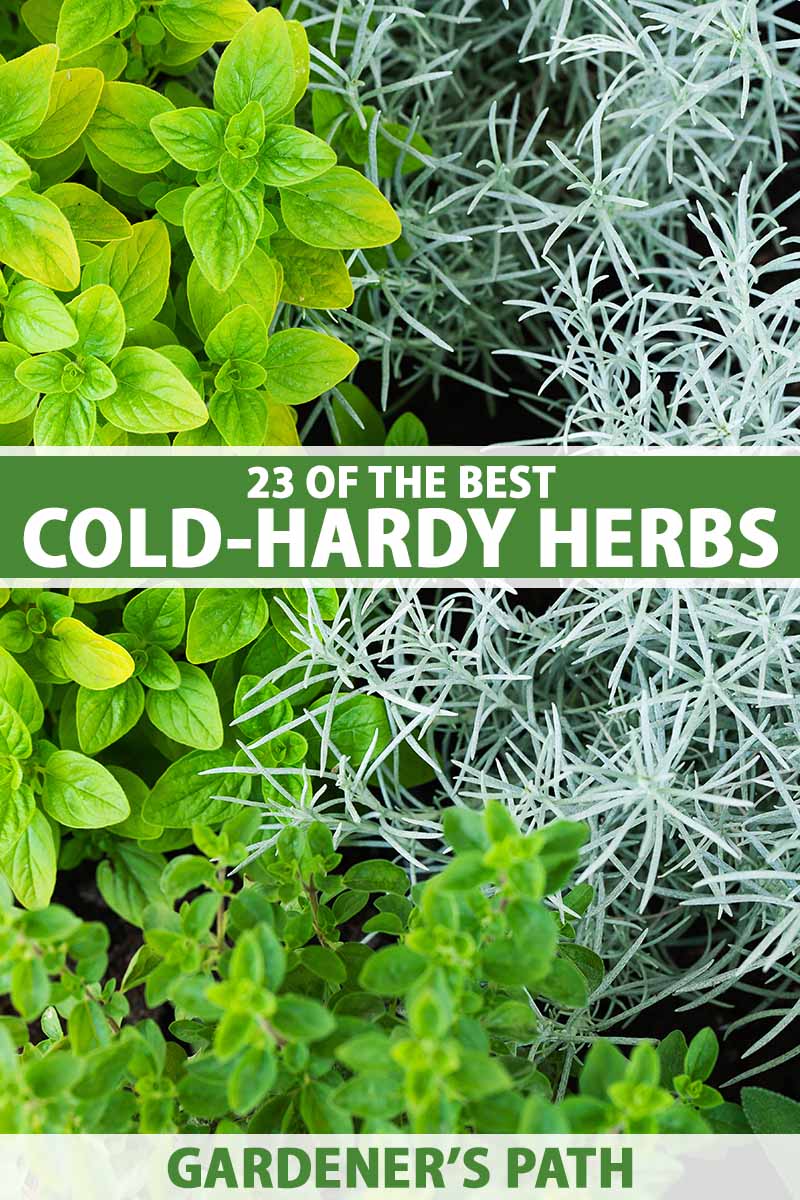 |
My Top Tricks of the Trade RevealedWhat does a muffin tin have to do with saving time in the garden? Well, sometimes the simplest trick can make all the difference! With these ingenious hacks, |
 |
Herbs, Peppers, Cucumbers and More!!!Finally getting some veggies and herbs in the ground. $5 of free garden seeds Get $5 of free seeds credit when you sign up with a free Seedtime |
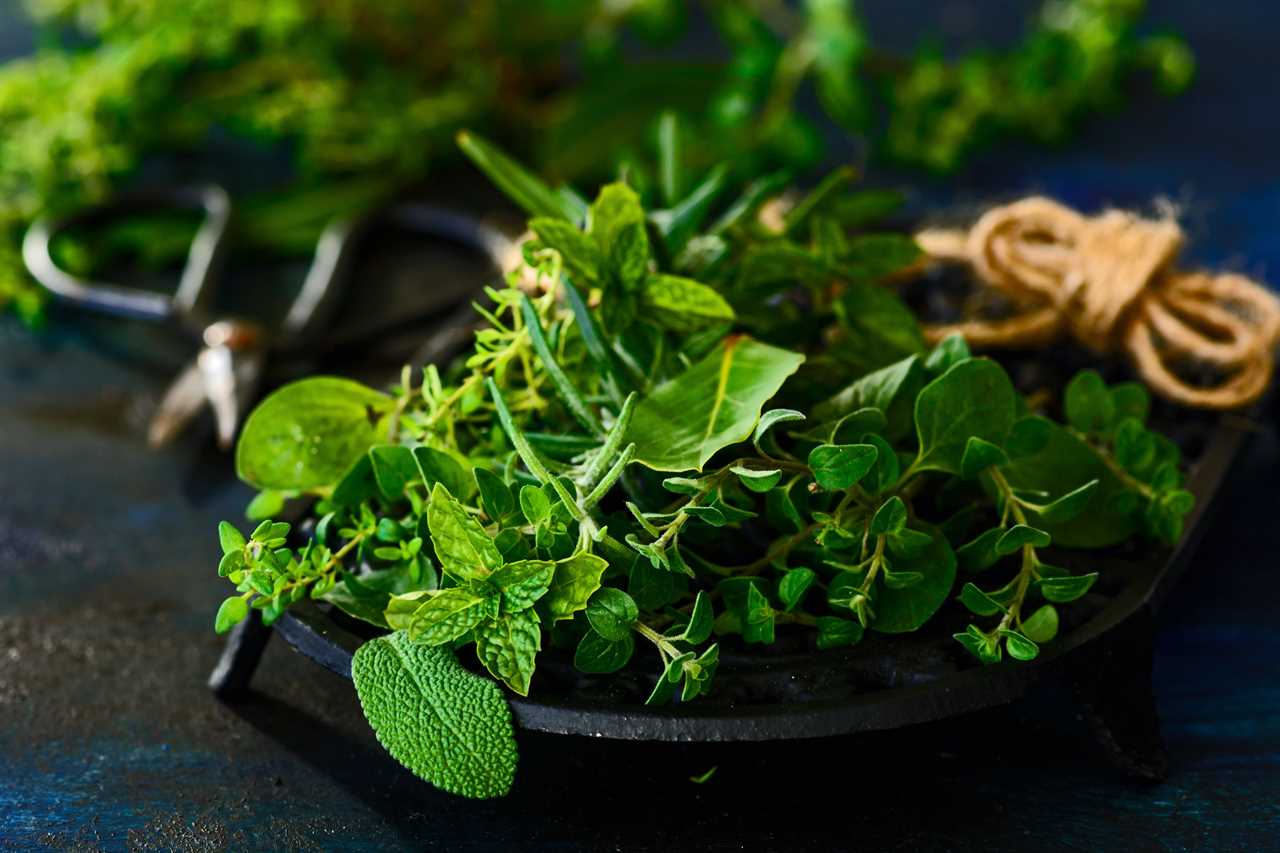 |
Home of HerbsFind out more about herbs and how to use them |
 |
First Garden Tour of 2023 / The In Between GardenAt Belovedsaffron.com, we are passionate about spices, herbs, good food and organic eating. Our mission is to bring awareness about the different.. |
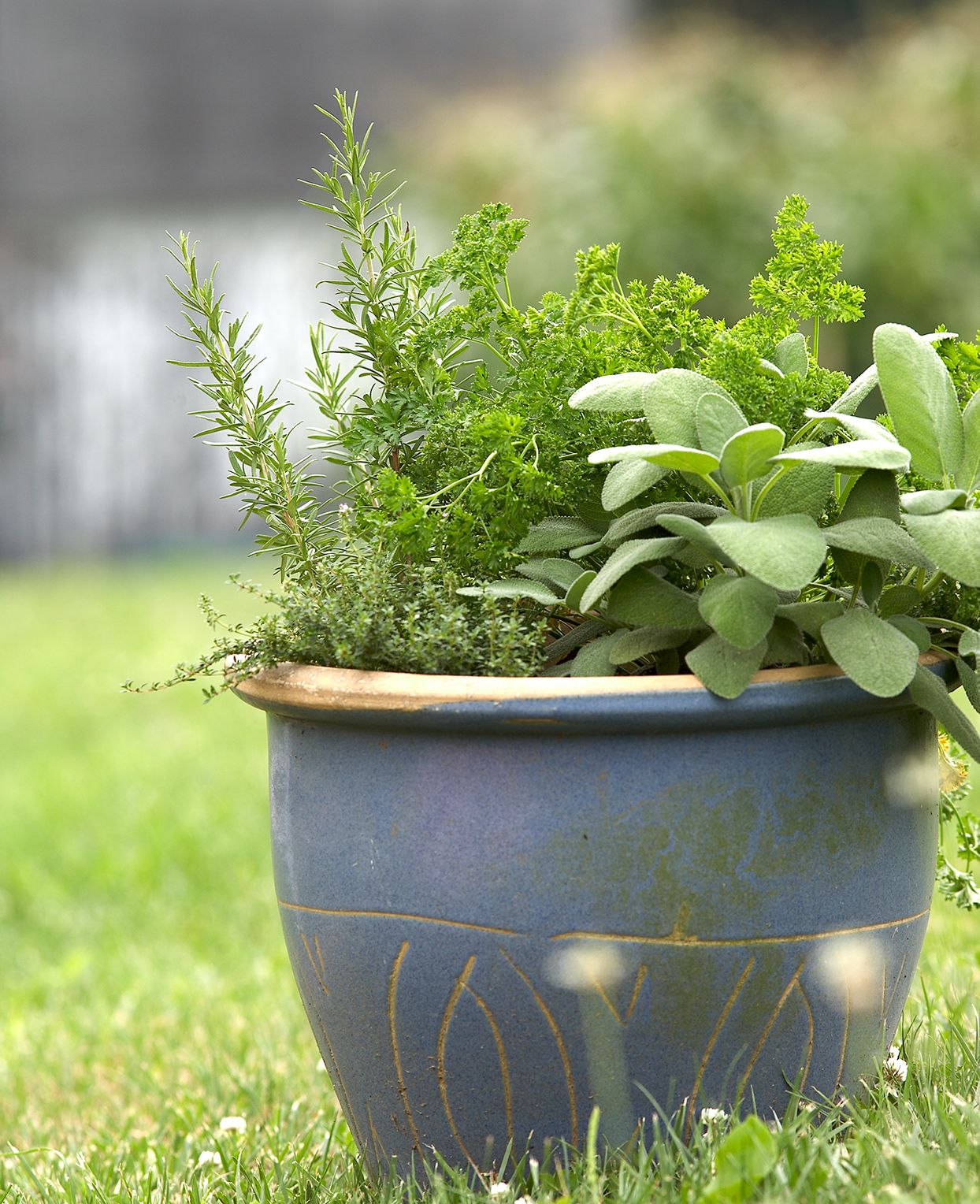 |
Herbs for Reducing Symptoms of Ulcerative ColitisUlcerative colitis is a chronic, inflammatory bowel disease that affects the colon. It causes diarrhea, bloody stools, and abdominal pain... |
 |
4 Medicinal Plants that Are Incredibly Good for YouDid you know that 25% of all prescription drugs in the U.S. come from substances that are found only in plants? In this episode of SciShow, we take a look at |
 |
How To Harvest HerbsGrab a clean pair of sharp scissors and learn how to harvest basil, mint, oregano, parsley, rosemary, sage, and thyme from your herb garden. In this video, |
 |
5 Tips for growing a season long salad gardenWelcome to Belovedsaffron.com, where we embrace everything related to spices, herbs, nutritious food, and organic eating! We are not professional.. |
 |
5 Natural Herbs For Back PainEdited by YouCut:https://youcutapp.page.link/BestEditor |
 |
Flavonoid-Rich Hibiscus Chutney RecipeWelcome to Belovedsaffron.com, where we are passionate about spices, herbs, recipes and organic eating! Here you will find a wide range of spices,.. |
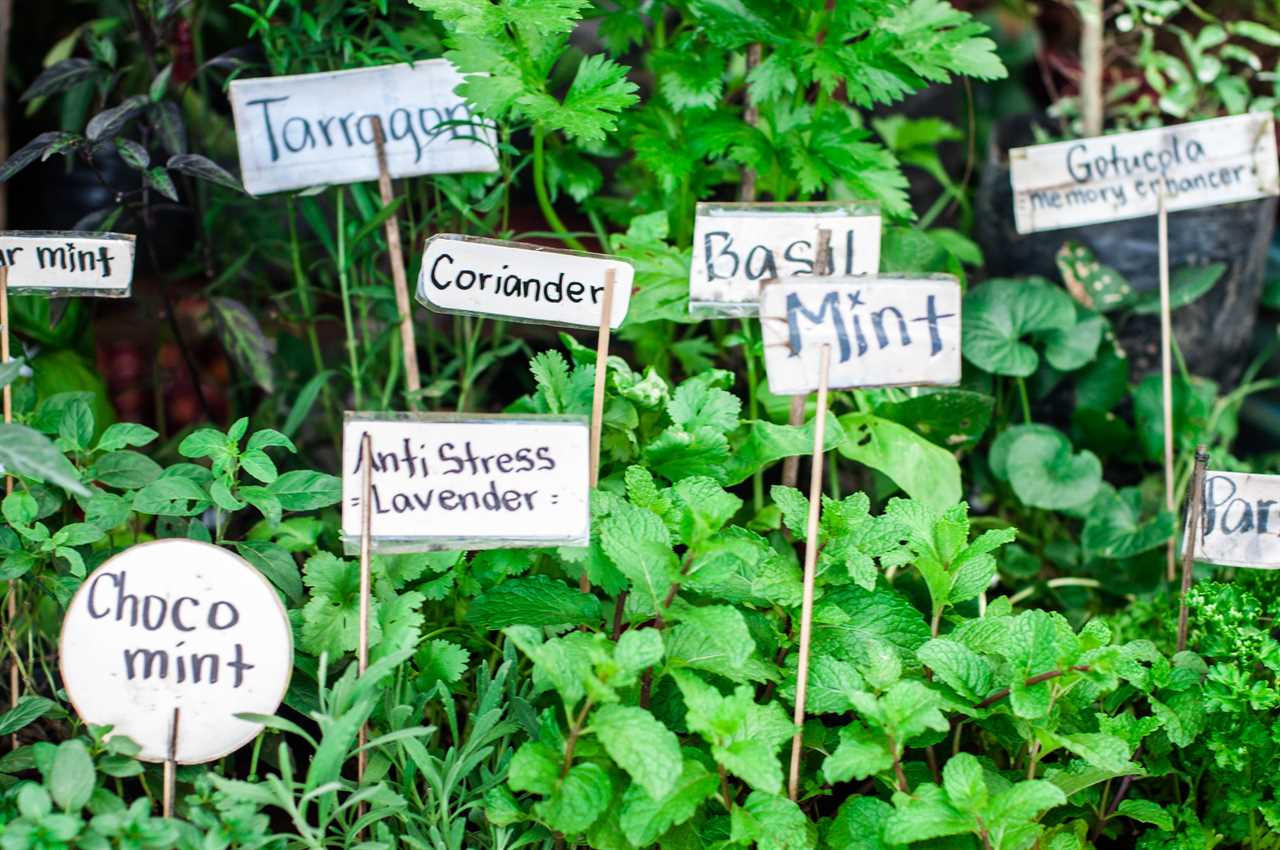 |
ASMR: Inspecting & Measuring all your SpectaclesAt Belovedsaffron.com, we are passionate about spices, herbs, recipes and organic eating and on a mission to bring you awareness about flavours from.. |
 |
Growing BASIL In Hydroponic System (No soil) - Timelapse!We understand that food has the power to connect us all, transcending cultures and distances. At Belovedsaffron.com, we are passionate about spices,.. |
 |
Tongkat Ali Safety: Side Effects & InteractionsTongkat ali is an herb that was used in traditional medicine primarily for its aphrodisiac and libido-enhancing properties, as well ... Read more |
 |
6 Herbs High in CopperCopper is a vital element that plays a role in cardiovascular and lung health, blood vessel growth, and more. Copper ... Read more |
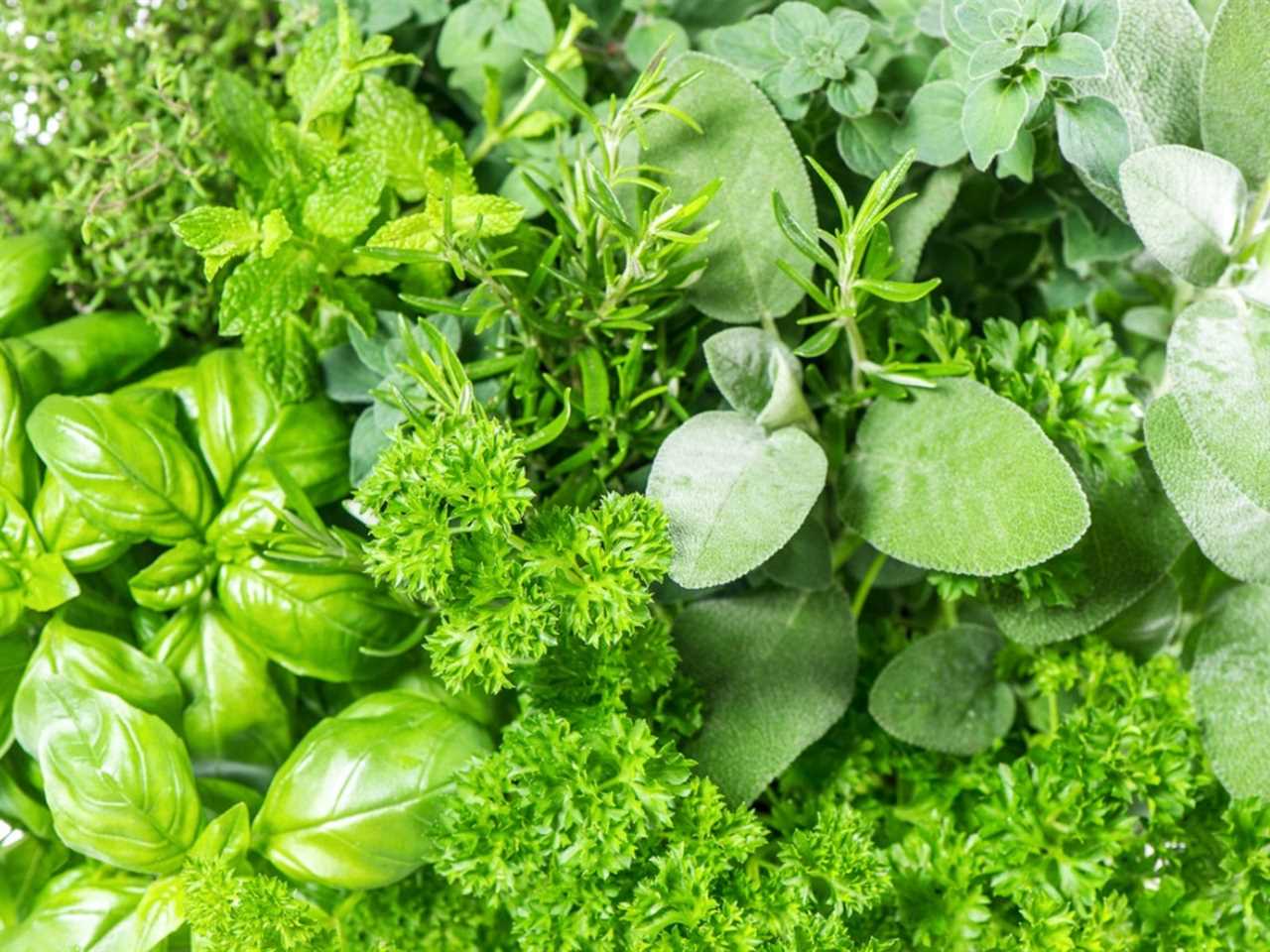 |
The Cup of LifeLike life, tea is what you make of it and The Cup of Life helps individuals enjoy tea in more than one way. Join me on my tea adventures through my blog! |
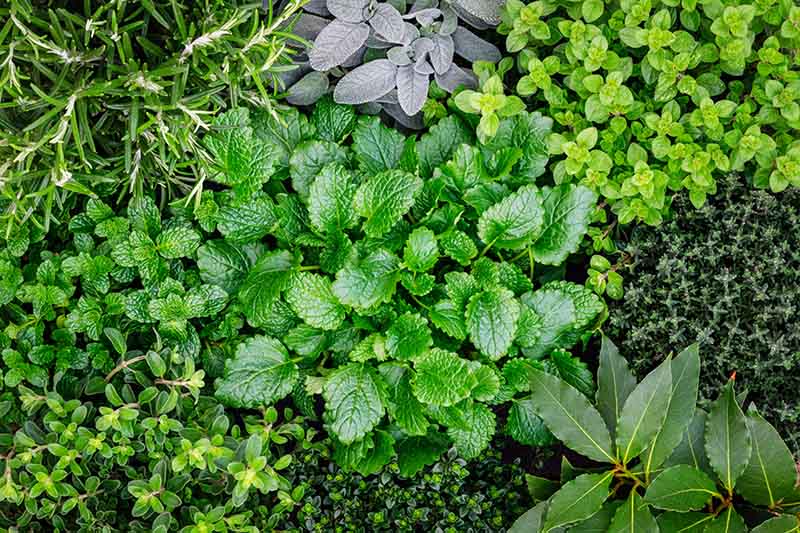 |
Apr 18, Spiny Amaranth Benefits with Sunny SavageJoin us in this new episode and I think you’ll understand exactly why Sunny Savage believes in spiny amaranth benefits so much! |
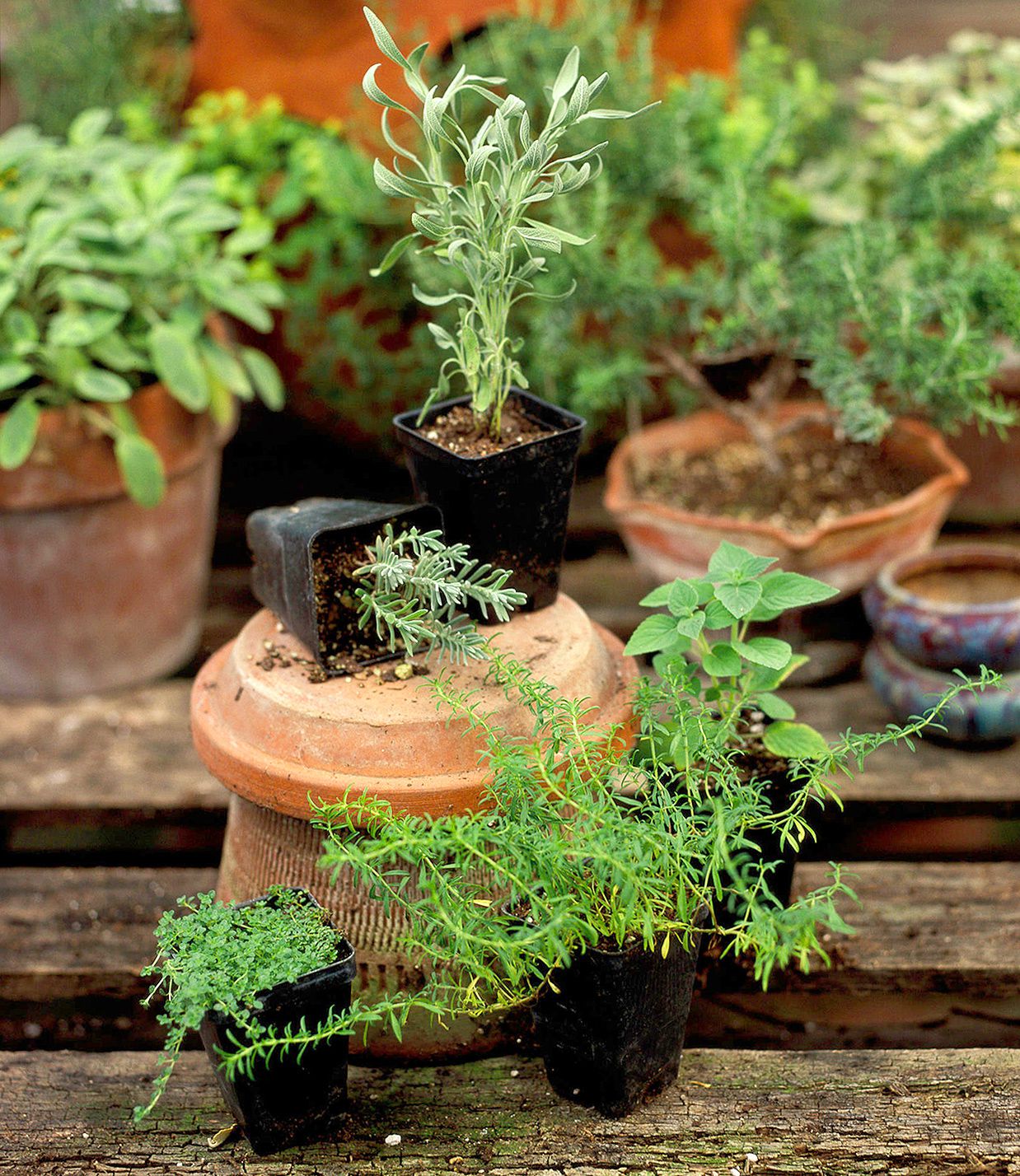 |
6 Herbs High in Niacin (Vitamin B3)Niacin is a naturally occurring nutrient known as vitamin B3. This vitamin supports and protects the nervous system, regulates blood ... Read more |
 |
Apr 11, Blackberry with Maeg KeaneWhat if blackberry could teach you about boundaries and letting go of what’s not serving you? Join me and Meag Keane for an astrology-inspired perspective! |
 |
6 Herbs High in QuercetinQuercetin is a plant chemical that acts as an antioxidant in the body, reducing stress and protecting tissue from damage. ... Read more |
 |
4 Benefits of Senega: Dosage & SafetySenega is a medicinal herb that has been used for thousands of years throughout Asia. This article will look at ... Read more |
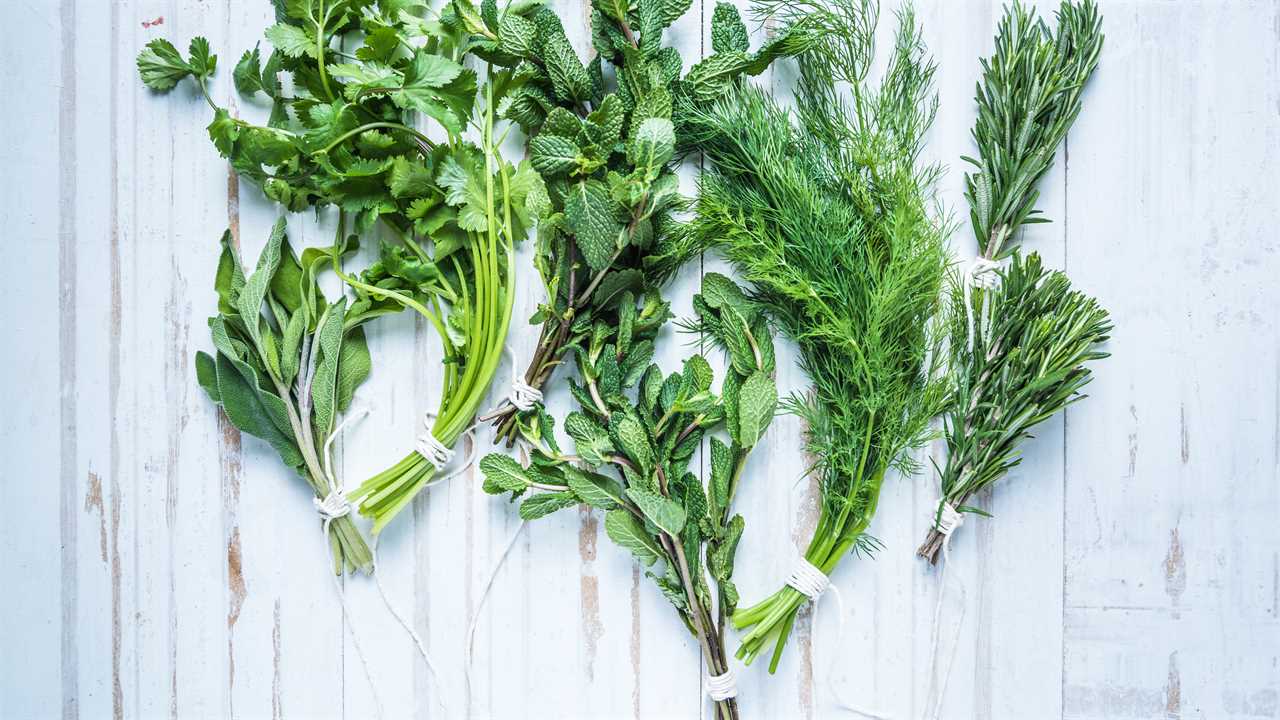 |
Apr 4, Stinging Nettle with Elise HigleyMeet Elise Higley from Oshala Farm and find out why I have so much respect for herb farmers! You'll also get Elise's recipe for Nettle Spring Tonic Vinegar |
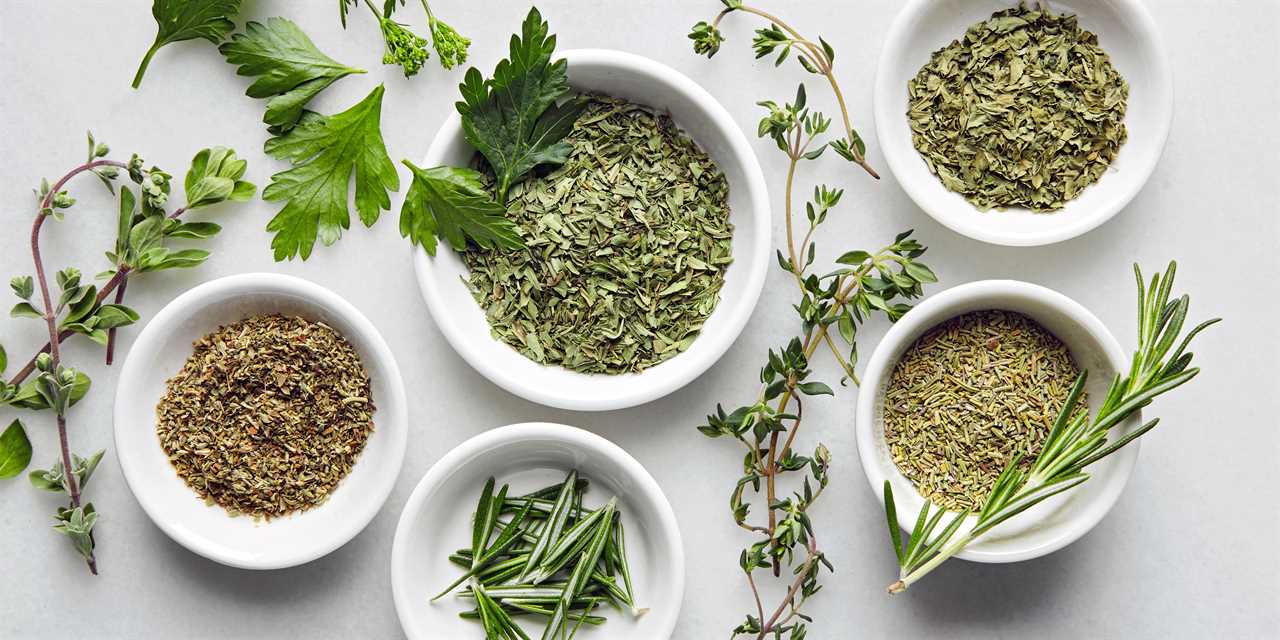 |
Mar 28, Calendula with Alex CrofootLet's hear Alex Crofoot talk about both new and familiar ways of working with this favorite (and very versatile!) plant: Calendula officinalis |
Lion’s Mane Mushroom Is Powerful For Your Brain’s Health
Lion’s mane mushroom (Hericium erinaceus) is a unique edible large shaggy fungus which looks like a grown lion’s mane. It has been used in East Asia for
 |
Delicious Elderberry Syrup Gummies for Cold Flu & SleepElderberry syrup is immune enhancing and protective against colds and flu. It’s one of my favorite natural remedies for avoiding or beating the flu. These flu |
 |
Helpful Plant Remedies For Anxiety And StressFeeling anxiety and stress lately? Are you feeling frustrated and wish you could just find a way to relax? Do you find that your heart is usually beating |
 |
Tomato Tea, A Natural Cold and Flu RemedyThis tea really works! You can literally feel your sinuses opening up. It’s an immune booster so even if you’re not sick drink this when others around you are |
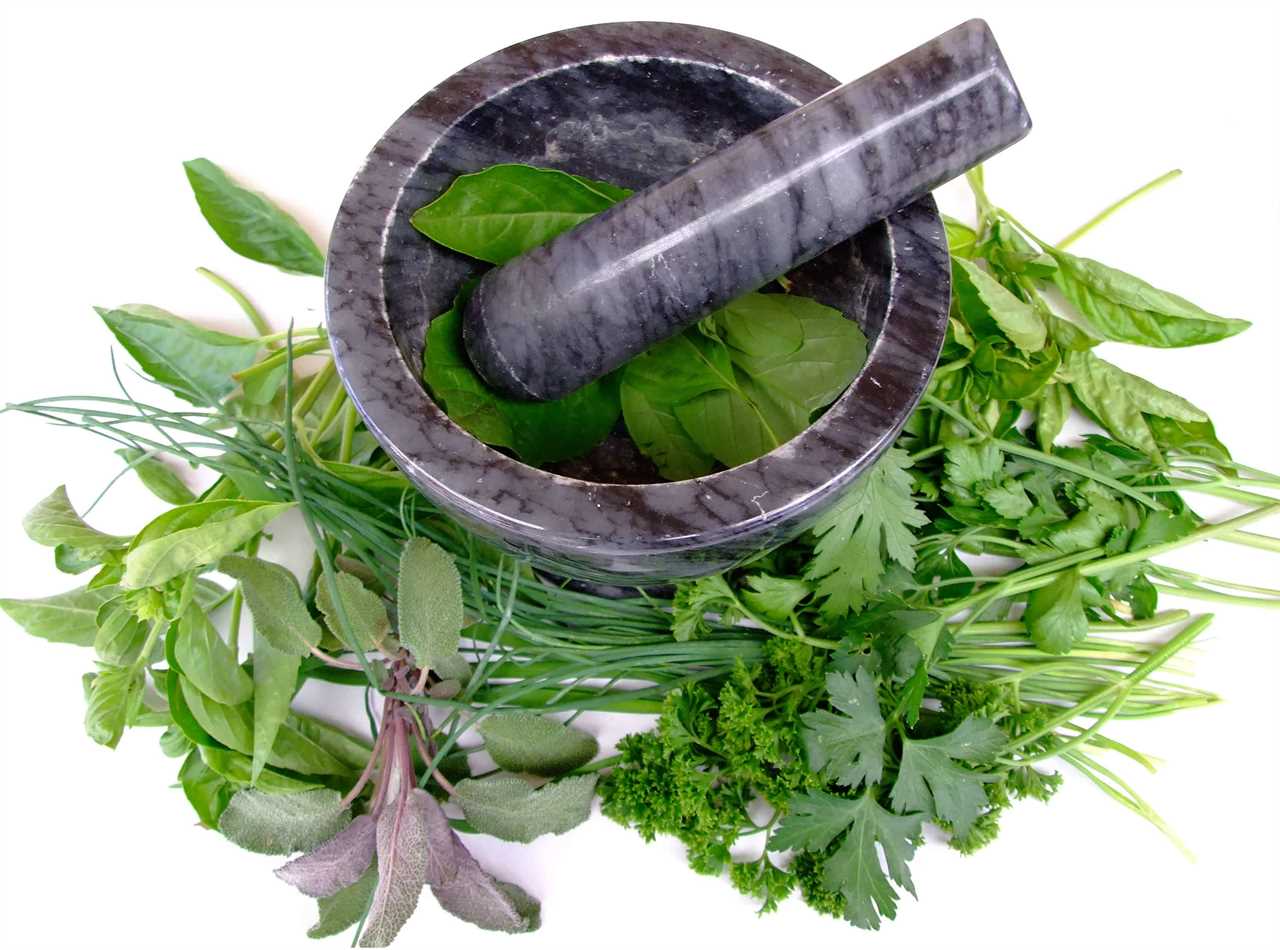 |
Tony Gebely · Tea Epicure · Taste DifferentlyA tea assessment platform that rates teas based on objective quality markers and a sensory evaluation resulting in a list of the best teas produced each year. |
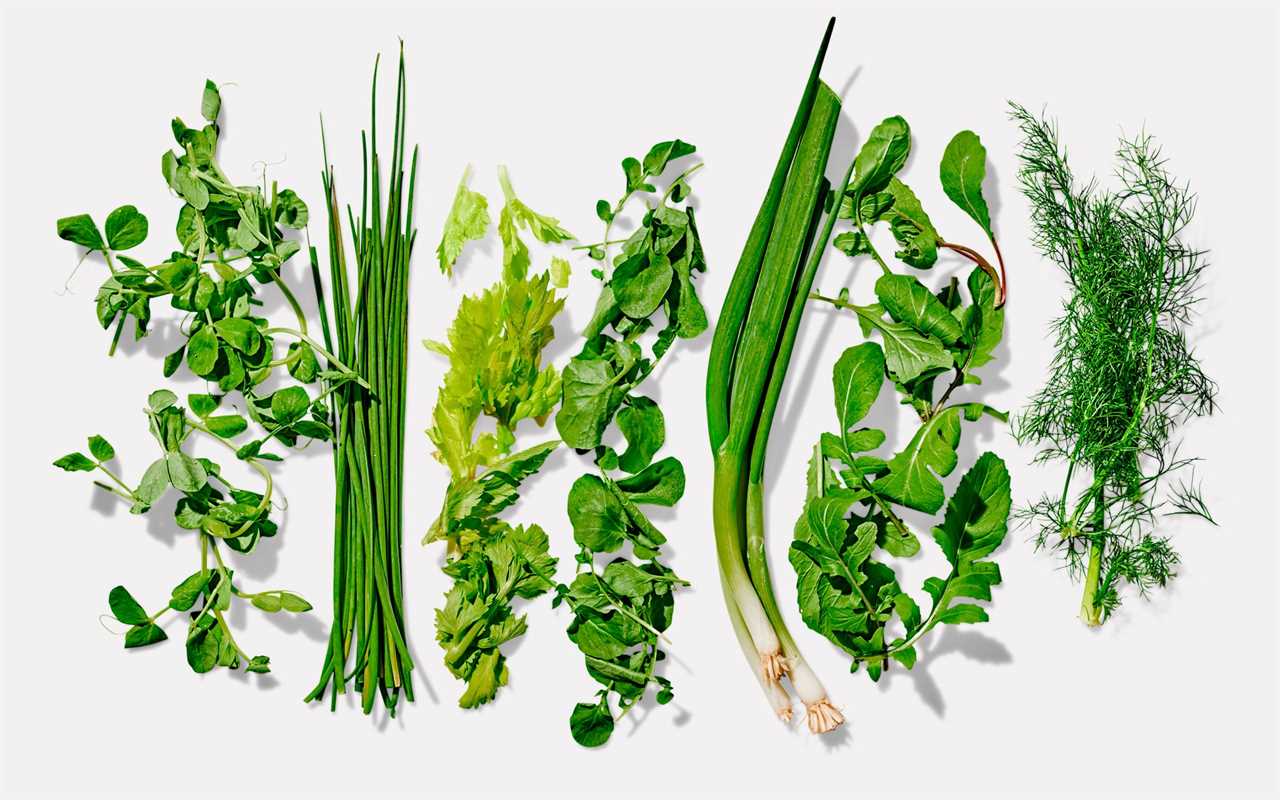 |
What Are Digestive Bitters And Should You Take Bitters?Bitters are a drink you sip before a meal to aid in healthy digestion. Traditional diets contained bitter foods because of their digestive action. The bitter |
.png)





